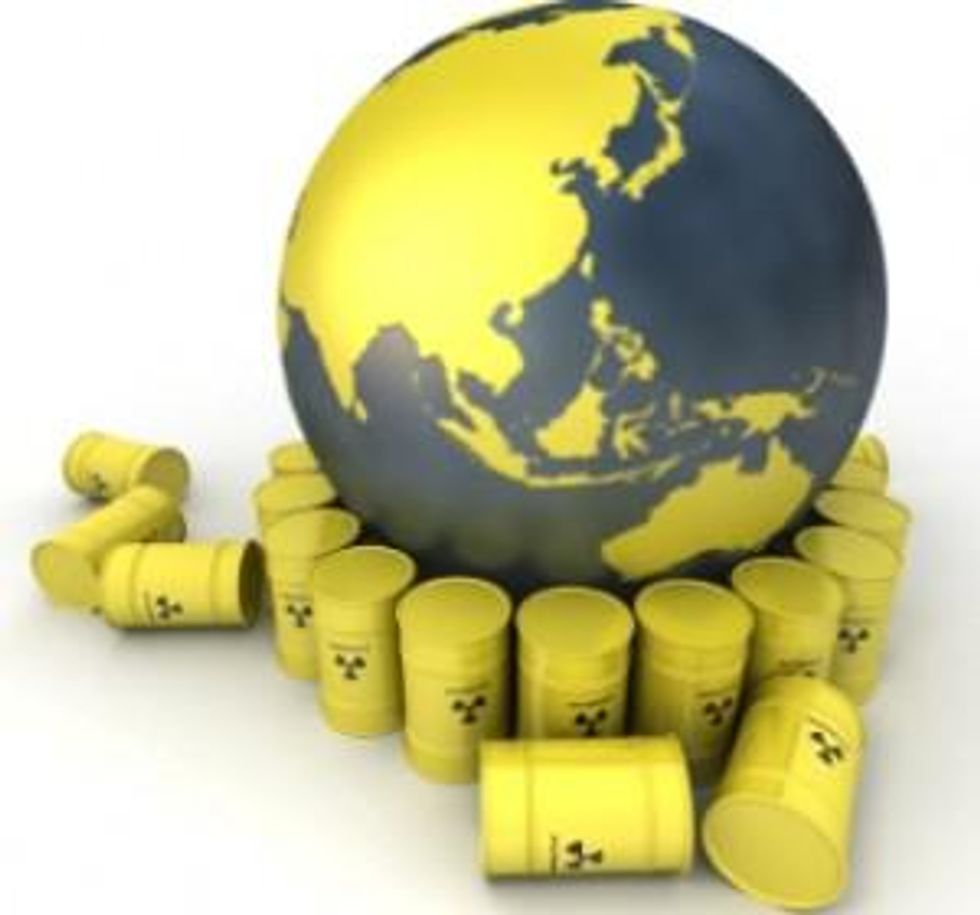Nuclear Key for Japan’s Energy Sector, Plans Reactor Restarts
The turning point for the uranium market could possibly be around the next bend as Japan released first draft of its energy policy highlighting the importance of nuclear energy.
On Tuesday, Japan unveiled the first draft of its energy policy since the Fukushima Dai-ichi disaster happened three years ago. The draft, which is expected to be approved in March, highlighted that while the country says it will be reducing its dependence on nuclear energy, nuclear power is still a key energy source for the country and it has plans to keep it.
Following the Fukushima disaster in March 2011, Japan called a halt to its 48 nuclear reactors, all of which must pass safety inspection before being restarted. According to the company’s draft policy, any reactors that meet the safety standards set after Fukushima, are candidates for a restart.
Last week, Reuters reported that the Nuclear Regulation Authority will be compiling a list of priority plants that meet the new criteria, and can be fast-tracked to a restart. The lack of nuclear energy has not been pleasant for the resource-poor Japan, that has been forced to import expensive fossil fuels that have sent the country’s economy into a record 18-month trade deficit. However, the new energy plan looks like it could turn the tides somewhat for the country.
The Associated Press reported that the Basic Energy Plan sees a combination of nuclear, renewables and fossil fuels as the most “reliable and stable source of electricity to meet Japan’s energy needs.”
The plan was initially expected to be released in January, however it was held back due to a recommendation by a panel of experts that found the plan to lean too much on nuclear power. The New York Times wrote that Toshimitsu Motegi, Japan’s minister for economy, trade and industry, was looking to down play the country’s policy reversal, by emphasizing that Japan is looking to reduce its nuclear dependence.
This latest draft of the energy policy is the government’s strongest effort so far to revive its nuclear energy program. Though no specific nuclear targets have be set in Japan’s policy, the plan indicates that the country will continue with its nuclear fuel recycling policy, while also emphasizing a need for flexibility should changes to the policy be required in the future.
A seller’s market on the horizon
For some time now, uranium market watchers have been waiting for Japan to declare an “all systems go” with regards to firing up its reactors. Once this even happens, the feeling is that the overhanging uranium supply currently flooding the market will start to be chipped away. The end result of course, is expected to be extremely positive to the uranium market, with sellers finally able to start selling their product for higher prices, and buyers biting the bullet and paying more for the coveted energy fuel.
“I think it’s an incredibly important announcement,” Cantor Fitzgerald analyst Rob Chang told Uranium Investing News in a phone interview. “There have been some people in the market that did not believe that Japan was going to turn their reactors back on and I think that this puts that question to bed.”
“The government strongly noted that not only is nuclear it going to be an important part of their power mix, they will be pushing their reactors to be restarted they even hinted towards potential building even more reactors.” Chang said, :”I think it’s a very positive note. It certainly does remove that overhang in the market, and it will at least slow down the buildup of uranium inventories with the reactors being turned.”
Overall, Chang sees the latest news from Japan as potentially being the kicking off point that the uranium market has been looking for noting that sellers are growing increasingly reluctant to let product go for lower prices with.
“I think that the prices will move, but it really just depends when the buyers are willing to bite the bullet and start bidding up for it because the producers/holders of uranium are now stepping back and waiting for the price to come to them, and I think that is a good sign.”






